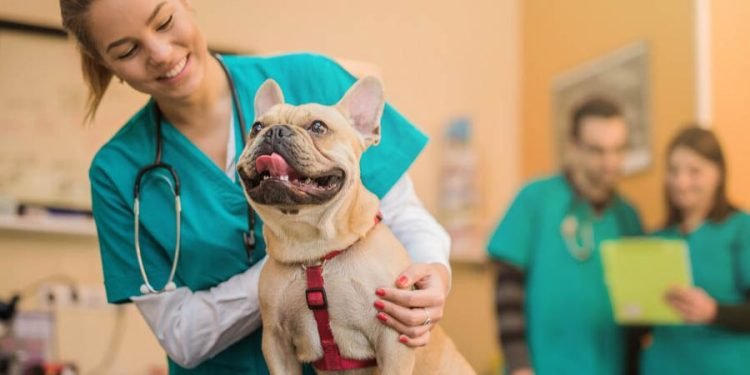Being a veterinarian can be rewarding and challenging at the same time. You might be exposed to injuries at the workplace that can hinder you from working. Investing in disability insurance for veterinarians can help protect your income until you’re ready to work again. Here are the pros and cons of being a veterinarian:
Pros of Being a Vet
Pursuing a vet career can be advantageous in the following ways:
Rewarding Routine
Becoming a vet means interacting with animals daily. You can handle wildlife and pets during treatment or evaluation. Diagnosing and treating animals can be fulfilling and rewarding. Your work can be satisfying because you help pets and wildlife remain healthy.
You get to educate pet owners about preventative measures that boost animal well-being. Your work can entail rehabilitating injured wildlife and returning them to their habitats.
Job Security
Veterinary medicine has advanced over the last couple of years. Animal care standards have improved, meaning there is a high demand for vets. Many people now own pets that need constant treatment and check-ups.
You can work in zoos, government hospitals, aquariums, and poultry farms. If you love domestic pets, you can secure a job at an independent clinic.
Versatile Environment
Working as a vet can expose you to a daily variety of tasks. You can start the day with a routine checkup for a cat and end it with soft tissue surgery on a dog. Other duties that you can do include communicating with pet owners and operating medical equipment.
Your day might entail collaborating with other staff and filling out paperwork for different procedures. You can see many clients with different animals.
Flexible Practice
Once you get comfortable as a practitioner, you can open your own practice. Opening your vet clinic can boost your earning potential. You can operate on a flexible schedule as you train other aspiring vets.
With your practice, you get to develop other key skills, such as marketing, financial planning, and management. You can meet new clients and gain new experiences in your clinic.
Continuous Learning
When you become a vet, learning can be part of your job. This field can be dynamic, so you have to catch up with new technologies, treatments, and techniques. You can partake in continuing education to maintain your license and boost your skills.
Cons of Being a Vet
Being a vet can have the following disadvantages:
Job Hazards
Bites from aggressive animals can put you at risk of infections. A horse could kick you and injure you, leaving you unable to work for an extended period. During your time practicing, you can become disabled due to an underlying illness. Disability insurance for veterinarians can be useful in protecting your income. This coverage can help you pay bills when you can’t perform certain procedures.
Physically Demanding
Your job as a vet can be physically demanding even though you work indoors. Restraining large animals and lifting them onto examination tables is fatiguing. You might have to walk around a lot checking up on animals if you work in a zoo. Such activities can leave you exhausted at the end of the day. Take certain measures to make sure you are getting the rest you need so that your body does not become burnt out.
Compassion Fatigue
Compassion fatigue can be a common occurrence when you are a veterinarian. You can get exposed to heartbreaking situations such as euthanizing animals. If you are fond of a specific animal and it has to be put down, it can be overwhelming. Once you identify the symptoms of compassion fatigue, you can know how to handle the situation.
Allergy Concerns
Animal fur tends to trigger allergy symptoms, such as sneezing or coughing. If you are allergic to dog or cat fur, you can work in a different environment. You can handle other animals that don’t trigger allergies.
Invest in Disability Insurance for Veterinarians
Being a vet can have advantages and disadvantages. You can sustain injuries that can leave you disabled and unable to perform certain tasks at work. Disability insurance for veterinarians can help cover daily expenses and bills during this period. Invest in this coverage to help protect your income until you’re ready to get back to work.












